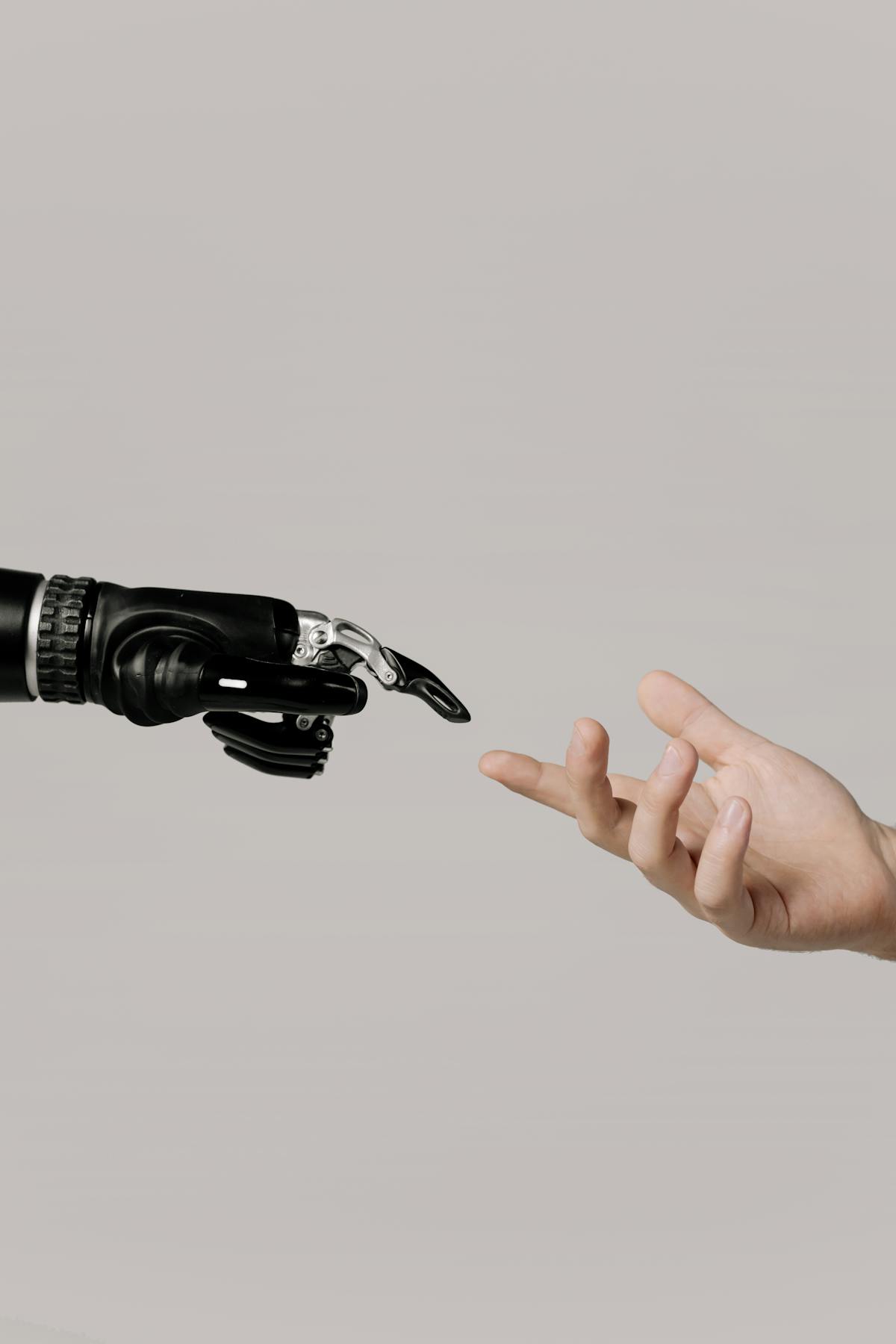Ever felt like you spend more time setting up automation than actually benefiting from it? You're not alone. For years, automation platforms have promised seamless workflows, but the reality often involves wrestling with configurations, managing countless API keys, and dealing with authentication headaches. It’s like buying a fancy sports car but having to build the engine yourself every time you want to go for a drive.
While platforms boasting hundreds of private integrations have been the norm, this approach has inherent limitations. It creates silos and forces you to rely on their specific connections. But what if there was a universal language for AI and tools to talk to each other?
Enter the Model Context Protocol (MCP). It might sound technical, but trust me, it's poised to revolutionize how we automate, well, everything.

The Old Automation Problem: Configuration Nightmares
Let's be honest, traditional automation platforms have a fundamental flaw. Getting different tools – your CRM, your email marketing software, your project management tool, your internal knowledge base – to work together often requires:
- Complex Setup: Figuring out triggers, actions, and data mapping for each connection.
- Authentication Hurdles: Managing logins, API keys, and permissions for every single tool. One update, and things can break.
- Integration Limits: You're limited by the specific integrations your chosen platform supports. If a tool isn't on their list, you're often out of luck or facing custom development work.
This friction means true, seamless automation has remained just out of reach for many businesses. The focus has been on the number of integrations, not the ease of integration.
MCP: The Universal Translator for AI and Tools
So, what exactly is this MCP thing everyone's suddenly talking about?
Model Context Protocol (MCP) is an open standard designed to create secure, two-way connections between AI models (like the ones powering AI agents) and various data sources or tools (like databases, APIs, spreadsheets, CRMs, etc.). Think of it as a universal USB port for the AI world.
Instead of each platform building custom, proprietary bridges to every tool, MCP provides a standardized way for:
- AI Models to Get Context: Securely access relevant information from your business tools (e.g., customer data from your CRM, project details from Asana, knowledge from your internal wiki).
- AI Models to Use Tools: Execute actions within those tools on your behalf (e.g., update a sales record, send an email, create a task).
Because it's an open standard, the vision is for all tools and platforms to eventually support it. Imagine a world where connecting your AI agent to your favorite sales tool is as simple as plugging in a new device. No more complex configurations, no more juggling API keys for every connection.
MindPal is actively exploring and integrating MCP concepts. You can learn more about our approach on our Model Context Protocol (MCP) page and in our documentation.

Why MCP is a Game-Changer for Automation
This standardized approach fixes the long-standing flaws and unlocks incredible potential:
- Effortless Connection: If your CRM, email, database, and project tools all speak "MCP," connecting them to an AI becomes trivial. No more platform-specific integration hurdles.
- Democratized Automation: You won't need to be locked into a specific automation platform just because it has the right private integrations. Any MCP-enabled tool can talk to any MCP-enabled AI agent.
- Rapid Deployment: Setting up complex workflows becomes significantly faster. You can quick-start new business processes without weeks of integration work.
- New Possibilities: When tools connect easily, it opens doors for more sophisticated and previously impractical automation scenarios across different business functions.
Unleashing the True Power of AI Agents
Perhaps the most exciting implication of MCP is how it supercharges AI agents. For a long time, AI agents have been more like helpful copilots – good for suggestions or drafting content, but limited in their ability to act. MCP changes that fundamentally.
MCP gives AI agents two critical capabilities that were difficult to achieve reliably before:
- Access to Real-Time Business Context: Agents can securely tap into your company's knowledge – customer details in your CRM, support tickets, product information in a database, internal documentation – without needing complex, custom integrations for each source. They understand the context of your business. You can explore building agents with specific knowledge using MindPal's Agent Builder and Knowledge Sources.
- Ability to Execute Actions: Agents can interact with your tools to do things on your behalf. They can update records, send personalized emails based on CRM data, schedule meetings, assign tasks, and genuinely work within your existing software ecosystem.
This transforms agents from passive assistants into proactive members of your AI Workforce. Imagine an AI agent that can:
- Research leads, update your CRM, and draft personalized outreach emails.
- Monitor project progress in your PM tool and flag potential delays.
- Answer customer queries by accessing your knowledge base and updating support tickets.
- Analyze sales data from multiple sources and generate reports.
These aren't just chatbots; they are autonomous systems capable of handling multi-step processes, much like the Multi-Agent Workflows you can build in MindPal.

The Future is Connected (and Automated)
The era of clunky, configuration-heavy automation is drawing to a close. The Model Context Protocol represents a fundamental shift towards a more open, interconnected, and truly intelligent automation landscape. By standardizing how AI interacts with the tools and data that run our businesses, MCP paves the way for AI agents that don't just assist but actively participate and execute tasks.
It eliminates the friction that has held back automation for so long, unlocking unprecedented efficiency and opening up possibilities we're only just beginning to imagine. This isn't just an incremental improvement; it's the next evolutionary leap.
Ready to explore the future of automation? Check out how you can build your own AI Agents and Workflows with MindPal today!